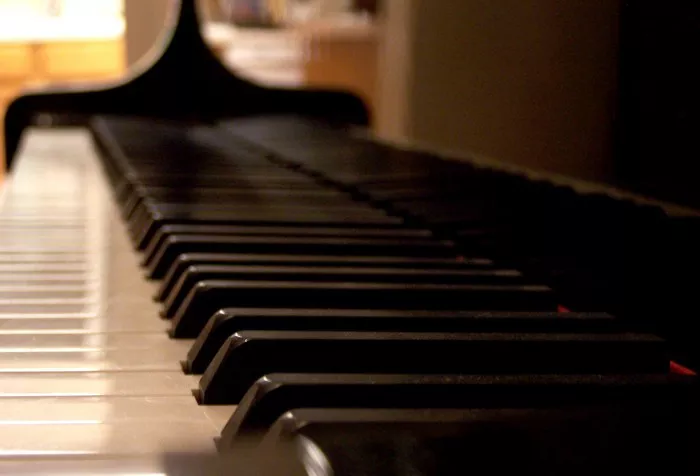Concert pianist Hagai Yodan is known for his driven character, an attribute that has supported his career over the past two decades. Yodan will bring this passion and professionalism to his performance at the Jerusalem Piano Festival, led by founder and artistic director Prof. Michael Wolpe, at the Jerusalem Theater from November 12-15.
Wolpe’s inclusive approach to programming ensures a broad range of genres, from symphonic and chamber music to jazz, world music, and more commercial styles. Across 17 concerts, each performance centers around a solo pianist. Yodan’s opening day appearance will be accompanied by the Jerusalem Symphony Orchestra and conductor Roi Azulay. The program features works by Camille Saint-Saëns, with Malachi Rosenbaum performing on piano. This 11th edition of the festival highlights French Romantic composer Saint-Saëns.
Yodan’s performance will showcase his versatility, as he partners with Azulay and the JSO to debut Concerto for Piano, Computerized Technology and Orchestra by 69-year-old Israeli composer Amnon Wollman. The work combines analog and digital elements, an area Yodan has explored throughout his career. His collaborations span diverse disciplines and musical styles, evident in numerous recordings with Israeli composers such as Dina Smorgonskaya, Daniela Cohn-Levitas, Tzvi Avni, Eitan Steinberg, Tsippi Fleischer, and Shai Cohen.
“My love for Israeli music comes from my mother’s side,” Yodan says, tracing his roots to his maternal grandfather, a Palmahnik and intelligence officer, and his grandmother, a Dutch opera and jazz singer. He pursued music independently, ending formal piano studies at 16. “I didn’t attend academies or pursue higher musical education; I learned from experience,” he explains, believing formal education might have limited his growth.
Instead, Yodan took a proactive approach, initiating concerts and collaborations with respected figures such as conductor Danny Ettinger and opera singer Sharon Rostorf-Zamir. Fascinated by Israel’s cultural richness, he dedicated himself to supporting Israeli music, particularly compositions rooted in Israel’s ethnic diversity.
When asked about the nature of Israeli music, Yodan calls it an “abstract term,” describing it as an art form based on “the ingathering of the exiles,” enriched by influences from immigrant composers who incorporated local sounds into their work. “Eretz Israel music, formed by composers like Paul Ben-Haim, Marc Lavry, and Alexander Uriyah Boskovich, aimed to integrate Arabic music,” he notes. Although these influences waned over time as Israeli composers adopted global styles, he believes Wollman belongs among Israel’s foremost composers. “Amnon’s music blends romanticism and modern electronica,” he says, describing Concerto for Piano, Computerized Technology and Orchestra as a fun, engaging work that honors tradition while pushing boundaries.
With Roi Azulay conducting and Dor Fischer managing the computer elements, Yodan anticipates an enthralling performance for listeners.
Related Topics
- Leila Josefowicz: A Dazzling Champion of Contemporary Music
- Chaowen Luo Wins First Prize at 2024 ISANGYUN Violin Competition
- Young Kiwi Guitarist Joins Band on Stage for Epic Performance


